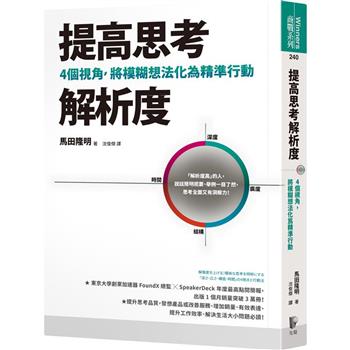In Chasing Archipelagic Dreams, David R. Saunders demonstrates that the withdrawal of the British imperial state from Sabah did not result in the decolonization of the territory. From the late 1940s to the 1960s, international anti-colonialism interacted with regional competition over Sabah to result in a paradoxical increase of British power and influence on the ground. Meanwhile, ethnic, social, and political heterogeneity in Sabah contributed to fragmentation and disunity, undermining the development of a local anti-colonial movement. Instead, a class of influential local elites seized power as competing attempts by the Philippines, Indonesia, and Malaya to incorporate the territory into their respective archipelagic spheres grew in strength. Due to these local and international rivalries, Saunders argues, Sabah’s eventual merger with the Federation of Malaysia in 1963 prompted an extension of colonial-style rule, resource extraction, the suppression of local autonomy, and the imposition of an externally-configured national identity.
Chasing Archipelagic Dreams underscores the significance of regional rivalries in the South China Sea and highlights the fate of subaltern communities bisected by (post)colonial borders.












